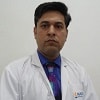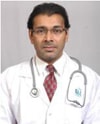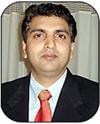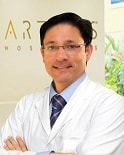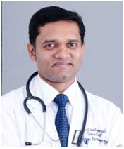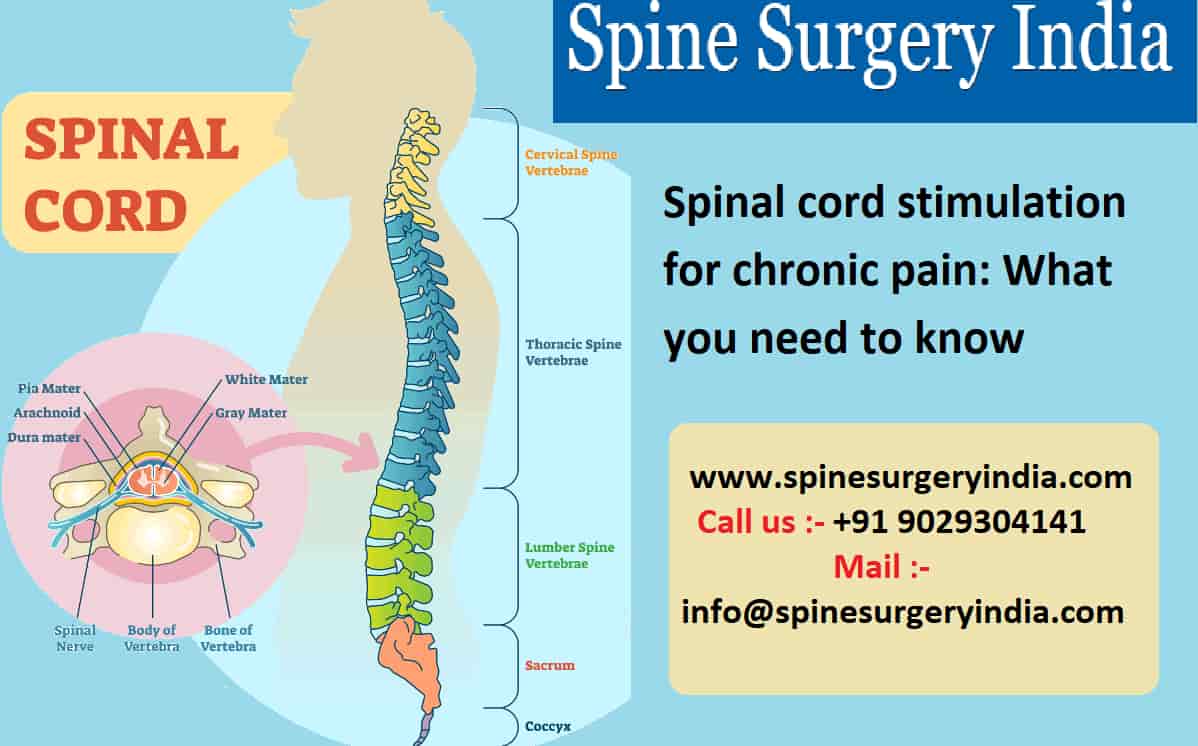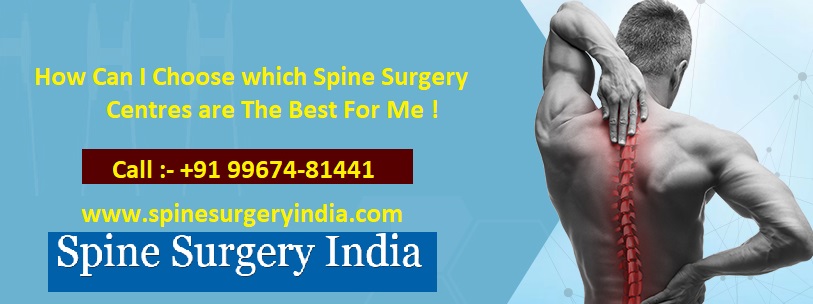
If you have degenerative disc diseases such as back pain or neck pain which occurs when you sit or stand for long periods of time. To manage the pain occurs due to degenerative disc disease the hospitals under Spine Surgery India have multiple treatment options which include a combination of treatments, such as exercise, physical therapy, and medications.
The following are the treatments:
a) Physical Exercise: Physical exercise is an important part of a degenerative disc disease treatment plan. Your spine surgeon will recommend a physical therapist who will teach you some specific exercises which help you in managing the degenerative disc disease. Your therapist will start with a slow walk and guide you with some gentle stretches.
b) Acupuncture and Herbal Remedies: To treat the degenerative disc disease, the hospitals under Spine Surgery India have alternative treatments and these treatments will help you to cope with back pain and also help in increasing your daily activities, but they may interact with other treatments for degenerative disc disease.
The following are some examples of alternative treatments for degenerative disc disease and these are:
• Acupuncture
• Biofeedback
• Herbal remedies
To have these alternative treatments you need to speak to your spine surgeon first.
c) Spinal Manipulation: Your one visit to the chiropractor can help you in returning or maintaining the motion in your spine. We are a medical tourism company which has tie-ups with best and renowned spine hospitals where we have numerous chiropractic techniques and spinal adjustment is one of the more common techniques. You may require a series of chiropractic appointments to help in treating your degenerative disc disease, and your chiropractor will develop a treatment plan for you accordingly.
Before you undergo spinal manipulation or any other chiropractic technique, your spine surgeon will confirm that you have degenerative disc disease and your spine is stable.
d) Medications: There are multiple medications are available in the market which helps you in addressing your symptoms of degenerative disc disease. Your spine surgeon will help you to know which medications you need to try as well as when and how often to take them.
The following is the list of some commonly used medications for degenerative disc disease:
• Non-steroidal anti-inflammatory drugs (NSAIDs) (e.g., aspirin)
• Muscle relaxants
• Acetaminophen (e.g., Tylenol)
• Anti-depressants
e) Surgery: According to the study, most of the people with degenerative disc disease not required surgery; however, if you have tried non-surgical treatments for several months and still there is no pain relief from degenerative disc disease, in such cases, your spine surgeon will then recommend surgery. The following are the advanced surgical procedures which include:
• Cervical corpectomy: This is a surgical procedure in which your surgeon will remove a portion of the vertebra and nearby intervertebral discs which allow the cervical spinal cord and nerves to decompress. Your surgeon will use a bone graft or metal plate to stabilize the spine.
• Anterior cervical discectomy and fusion: In this surgical procedure, your surgeon will remove an intervertebral disc in the cervical spine by making a small incision in the front of the neck. The degenerative disc is then replaced with a bone graft, which will fuse the vertebrae back together.
• Intervertebral disc arthroplasty: This is a surgical procedure in which your surgeon will replace the degenerative intervertebral discs with artificial ones in the cervical or lumbar spine.
• Micro-discectomy: In this procedure, your surgeon will use a microscope to remove a degenerative disc by making a very small incision.
• Intervertebral disc annuloplasty: This is a procedure which heats the degenerative disc for 15 minutes to seal the disc and irritated nerves are dead.
What causes degenerative disc disease?
The changes in the disc may cause degenerative disc disease such as:
• Dry out: When you were born, the discs in your spine are mostly made up of water. As you grow up, the discs lose water and get thinner. The discs which are flatter are not able to absorb shocks. The loss of water in your disc also means that cushion or padding between your vertebrae is less which can lead to other problems in your spine that may cause degenerative disc disease.
• Crack: The stress which occurs because of everyday movements and minor injuries over a long period of time can cause tiny tears in the outer wall where your nerves are located. It has been found that any tears near your nerve area can become painful and if the wall breaks down, your disc soft core may push through the cracks. There are cases where disc may slip out of place which is known as slipped or herniated disc and this can affect nearby nerves.
How degenerative disc disease can be diagnosed?
A diagnose to degenerative disc disease can be done by a physical examination which includes the following:
a) Pain with motion: your surgeon will ask you to move in specific ways and if they found that there is a pressure on your lower back which causes pain which may be because of degenerated disc.
b) Nerve function: Your physician will tap on your different areas with a reflex hammer to check if there is any reaction which indicates a compressed nerve root. Your surgeon may use hot and cold packs to see how well your nerves are reacting when the temperature changes.
c) Muscle Strength: Your surgeon will check for atrophy, wasting, or abnormal movements.
Your surgeon will also conduct some diagnostic tests which include:
• Your surgeon will conduct some imaging scans, such as CT scan or MRI, through which they will gather the information about the state of your spinal nerves, the discs, and how they are aligned.
• Your surgeon will also conduct a discogram in which a dye is injected into the soft center of your disc, or several discs. The purpose to inject the dye is to check whether the disc is painful or not. The dye shows up on a CT scan or X-ray. The usage of discogram may be controversial, but a herniated disc does not always cause symptoms.
Related posts
Apr26
Apr04
Jul24
Jan12









